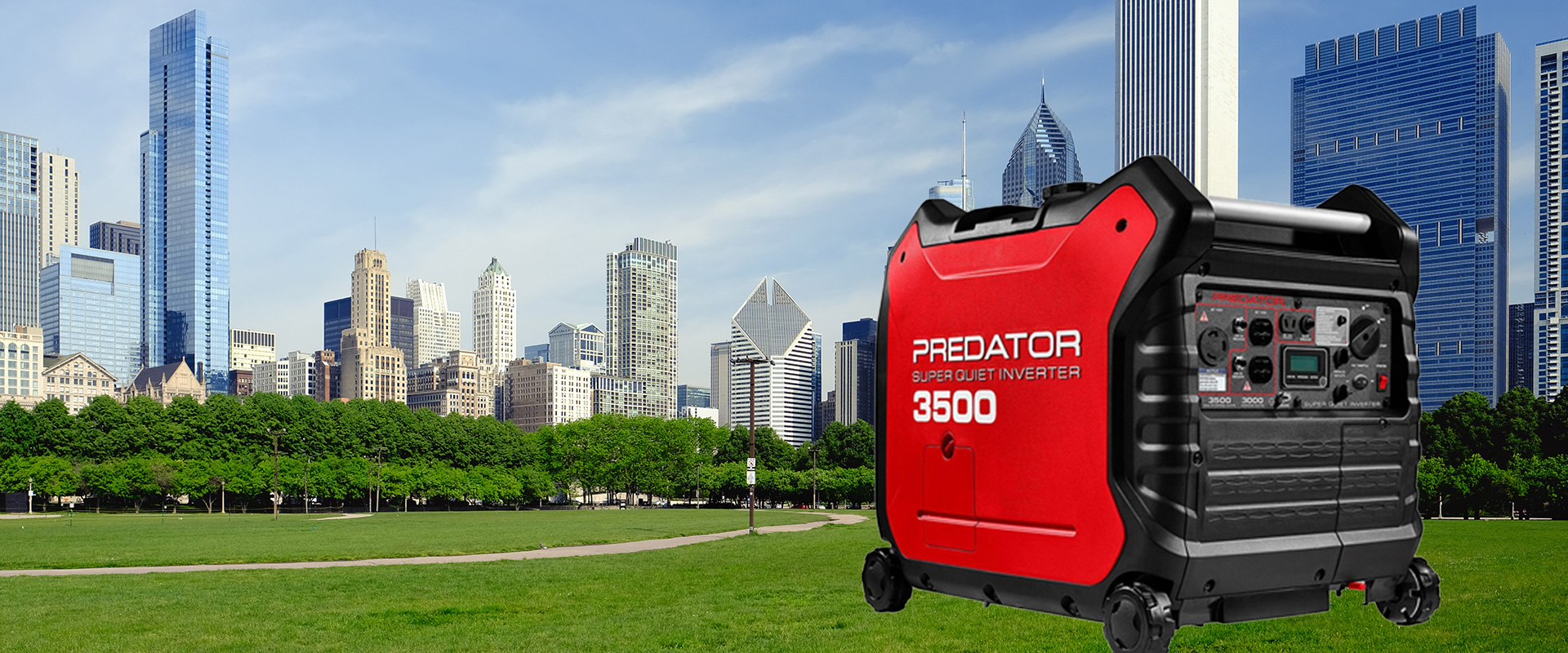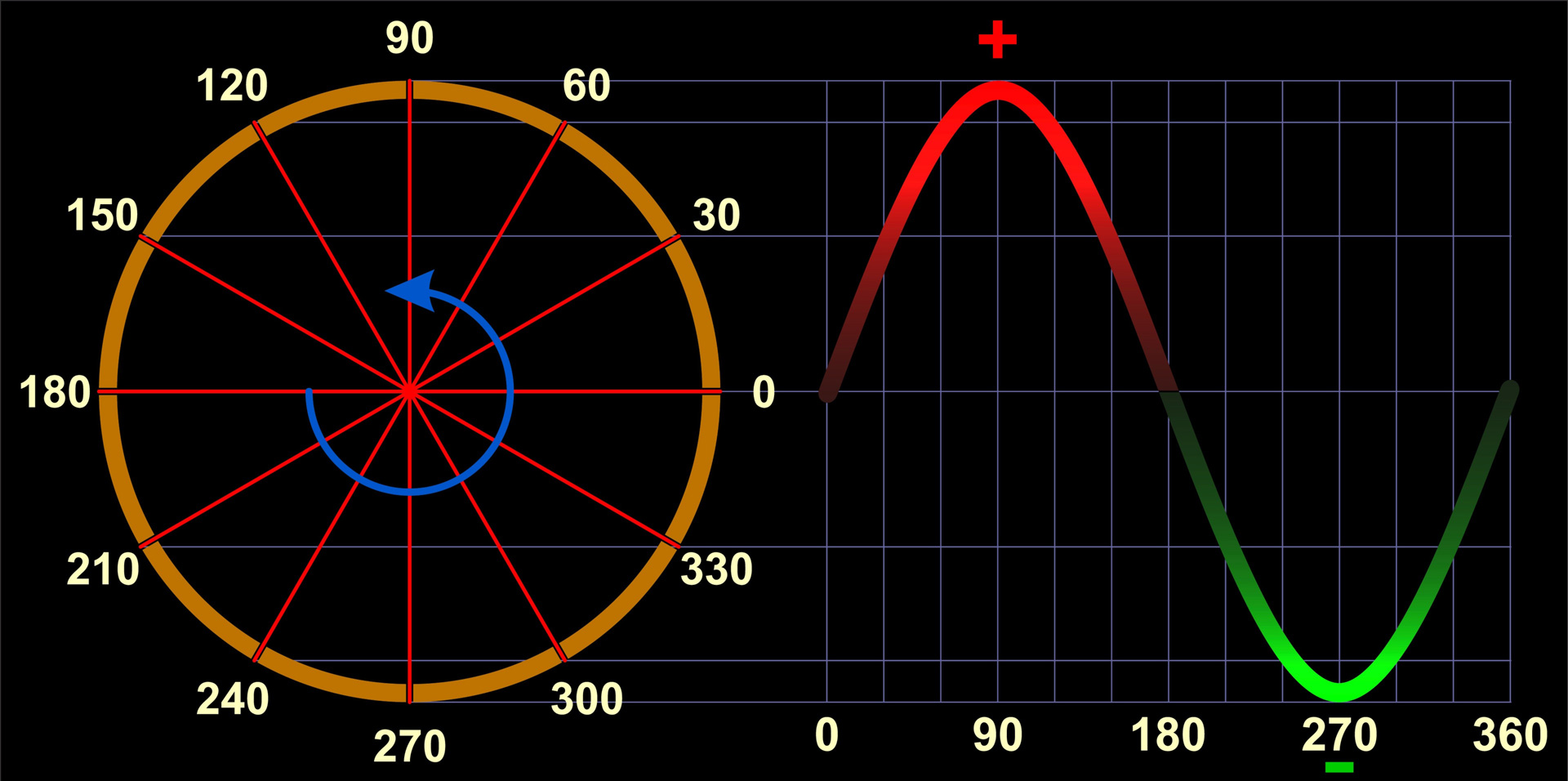In the pursuit of cleaner and more sustainable energy solutions, the spotlight is increasingly turning…

What’s the Difference Between a Conventional Generator and an Inverter Generator
In times of power outages or when you’re off the grid, generators become your lifeline, providing electricity to keep your essential appliances running. However, not all generators are created equal. Inverter generators and conventional generators offer distinct advantages and disadvantages, catering to different needs and preferences. Understanding the differences between the two can help you make an informed decision when selecting the right generator for your requirements.
What is a Conventional Generator?
Conventional generators, also known as standard or traditional generators, have been around for decades. These generators operate by using an alternator to produce AC (alternating current) power. The engine of a conventional generator runs at a constant speed to generate electricity, typically at either 1800 or 3600 RPM (revolutions per minute) depending on the design.
Pros and Cons of Conventional Generators:
Conventional generators have several advantages, including:
- Cost-effectiveness: They are generally less expensive to purchase than inverter generators with similar power output.
- High power output: Conventional generators are available in a wide range of sizes and can deliver high power output suitable for powering large appliances and tools.
- Durability: Their simple design and fewer electronic components make them robust and less susceptible to damage from rough handling or environmental conditions.
However, conventional generators also come with some drawbacks:
- Noise and vibration: Running at a constant speed can lead to higher noise levels and vibrations compared to inverter generators.
- Fuel inefficiency: Since the engine runs at a constant speed, conventional generators tend to be less fuel-efficient, especially when operating at partial loads.
- Voltage fluctuations: They may produce voltage fluctuations and harmonic distortions, which can potentially damage sensitive electronics.
What is an Inverter Generator?
Inverter generators are a relatively newer technology that addresses some of the shortcomings of conventional generators. These generators utilize advanced electronic circuitry to produce high-quality AC power. Unlike conventional generators, inverter generators generate AC power in three phases: first generating AC power, then converting it to DC (direct current), and finally, inverting it back to clean and stable AC power.
Pros and Cons of Inverter Generators:
Inverter generators offer several benefits, such as:
- Fuel efficiency: Their engine speed adjusts according to the load demand, resulting in better fuel efficiency, especially during low power demand.
- Quiet operation: Inverter generators are designed to run at variable speeds, which reduces noise levels significantly compared to conventional generators.
- Clean power output: They produce stable and consistent electricity with minimal voltage fluctuations and harmonic distortions, making them ideal for sensitive electronics like laptops, smartphones, and medical devices.
However, inverter generators also have some limitations:
- Higher cost: Due to their advanced technology and additional electronic components, inverter generators are typically more expensive upfront compared to conventional generators.
- Limited power output: While suitable for powering small to medium-sized appliances and electronics, inverter generators may not provide enough power for larger devices or heavy-duty equipment.
- Complexity: The electronic components and intricate design of inverter generators can make them more complex to repair and maintain compared to conventional generators.
Choosing the Right Generator for Your Needs:
When deciding between an inverter generator and a conventional generator, consider the following factors:
- Power requirements: Determine the wattage and type of appliances and devices you need to power during an outage or while off the grid.
- Noise considerations: Assess the noise levels acceptable for your environment, especially if you live in a residential area or require quiet operation for recreational activities.
- Portability: Consider the weight and size of the generator if you plan to transport it frequently for camping, tailgating, or other outdoor activities.
Inverter generators and conventional generators each have their own set of advantages and disadvantages, catering to different power needs and preferences. While conventional generators offer high power output at a lower initial cost, inverter generators provide fuel efficiency, quiet operation, and clean power output, albeit at a higher price point. When choosing between the two, carefully consider your power requirements, noise considerations, portability needs, and budget constraints to select the generator that best suits your needs and lifestyle.
